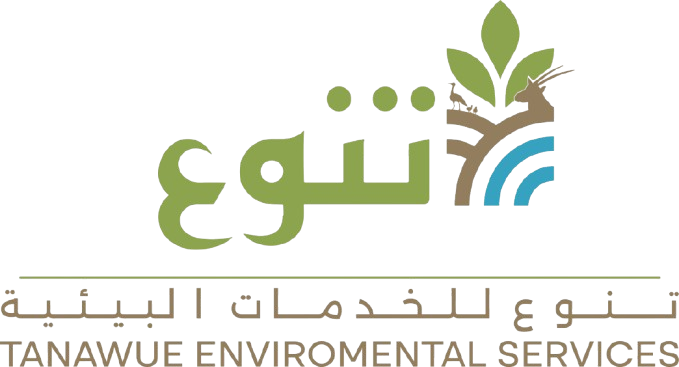Veterinary Care
.
At TanawuEnviro, our Veterinary Care services are crucial for safeguarding the health and well-being of wildlife in our care. Our skilled veterinarians and technicians are dedicated to providing comprehensive medical services tailored to the unique needs of various species, ensuring they receive the highest standard of care.
Importance of Veterinary Care
Effective veterinary care is essential for several reasons:
- Disease Prevention: Regular health monitoring and preventive measures are vital for preventing the spread of diseases, protecting both individual animals and populations.
- Early Detection: Routine assessments allow for the early identification of health issues, facilitating prompt intervention and improving treatment outcomes.
- Rehabilitation and Recovery: Veterinary care plays a critical role in the rehabilitation of injured or sick wildlife, increasing their chances for successful recovery and reintroduction into their natural habitats.
Veterinary Care Services
1. Health Monitoring
Ongoing assessment of wildlife health through regular check-ups and monitoring programs to track the well-being of animals and identify any potential health issues early.
2. Bio-Security
Implementing measures to prevent the introduction and spread of diseases within wildlife populations, ensuring a safe environment for both animals and staff.
3. First Aid
Immediate care provided to injured or distressed animals, ensuring that they receive prompt attention to stabilize their condition and prevent further harm.
4. Holistic Treatment
A comprehensive approach to animal care that considers the physical, emotional, and environmental factors affecting wildlife health, promoting overall well-being.
5. Preventive Medicine
Proactive health care strategies, including vaccinations and parasite control, to prevent diseases and maintain optimal health in wildlife populations.
6. Sampling & Screening
Collection of biological samples for laboratory analysis to diagnose diseases and monitor the health status of animals, aiding in effective treatment planning.
7. Postmortem Examination
Thorough examinations conducted on deceased animals to determine causes of death, contributing valuable information to improve wildlife health management practices.
8. Genetics
Assessing genetic diversity and health within wildlife populations to inform breeding programs and enhance conservation efforts.
9. Quarantine
Establishing protocols for isolating new or sick animals to prevent the spread of diseases and ensure the health of the existing wildlife population.
10. Proper Disposal
Safe and responsible disposal of biological waste and deceased animals to minimize health risks and adhere to environmental regulations.
11. Improvement Programs
Continuous evaluation and enhancement of veterinary practices and protocols to ensure the highest standard of care and adapt to emerging challenges in wildlife health management.
